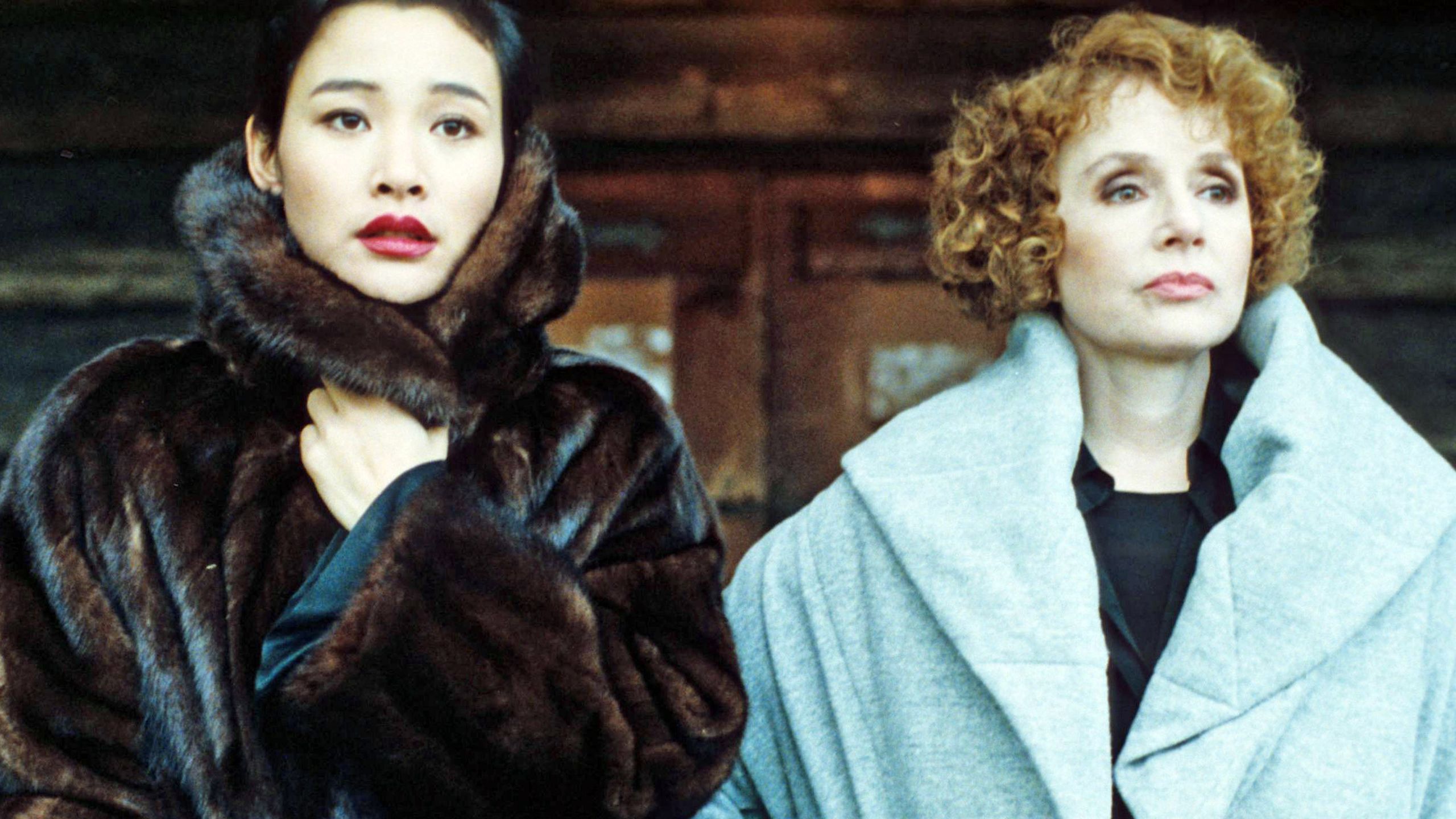Every Thriller Fan Needs To Watch 10/10 Mystery Masterpiece (At Least Twice)

Twin Peaks centers on FBI agent Dale Cooper, played by Kyle MacLachlan, who investigates the murder of Laura Palmer, a well-liked high school student with a hidden, troubled life. The investigation unravels the secrets of the town’s residents, creating a unique blend of small-town drama, murder mystery, and psychological horror.








